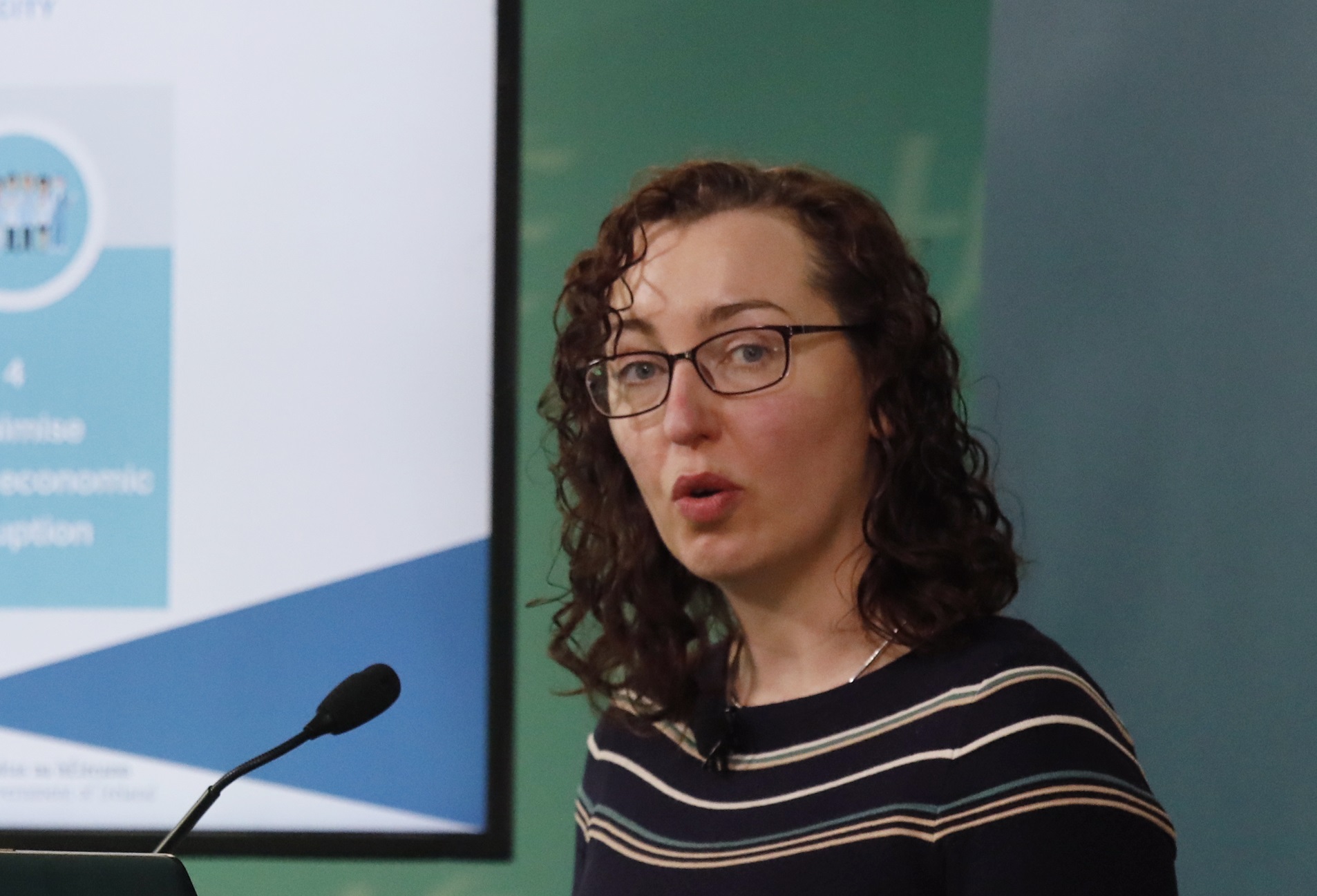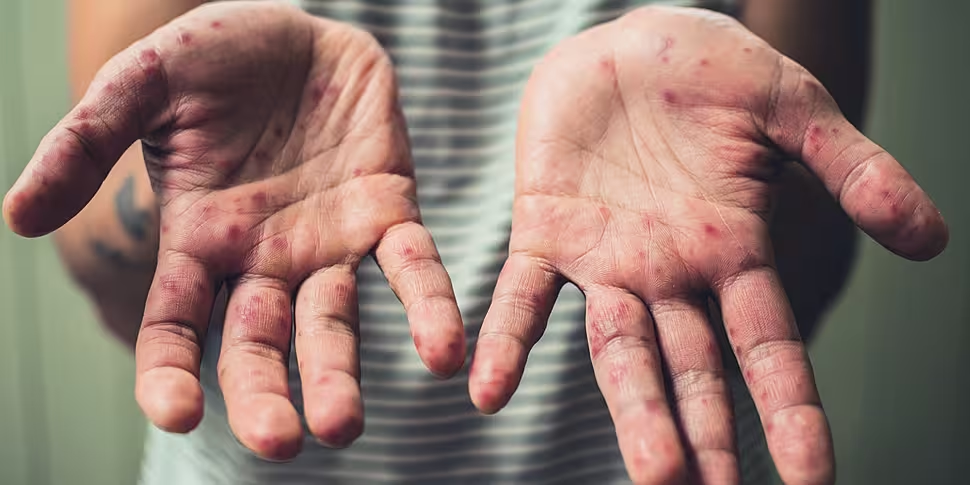Health authorities are working 'very hard' to find anyone who was in contact with a man who died after contracting measles.
It is understood the man, aged in his 40s, died in a hospital in the Dublin and Midlands health region after recently travelling here from England.
A HSE Measles National Incident Management Team had already been established in response to a recent rise in measles cases in Europe - particularly Romania, France and Austria and the UK.
Director of Public Health at the HSE National Immunisation Office Dr Lucy Jessop told Newstalk Breakfast people can be infectious before they show symptoms.
"The Public Health Team in that particular area are working very hard to contact trace people that would have possibly been in contact with the case when they were infectious," she said.
"We have a lot of experience in contact tracing in measles and in other diseases.
"The thing with measles is you are actually infectious for five days before the rash appears.
"Sometimes that can be a little bit difficult to trace everybody, but they will be doing everything they can".
 Dr Lucy Jessop at Dr Steevens’ Hospital in Dublin, 4-2-21. Image: Leon Farrell / Photocall Ireland
Dr Lucy Jessop at Dr Steevens’ Hospital in Dublin, 4-2-21. Image: Leon Farrell / Photocall IrelandIn England, 170 cases were diagnosed between last December and mid-January.
The UK's Health Security Agency last month declared a national incident over the rising number of cases.
Dr Jessop said the death here is the only case the HSE has detected so far.
"We do want to just reassure people that this is only case we've had confirmed in Ireland so far," she said.
'Not too late to get vaccinated'
Dr Jessop urged anyone who has not got a vaccine to do so.
"It is so important that if people are eligible or if they have missed out on their MMR vaccine it's not too late to get vaccinated," she said.
"We have no other cases diagnosed so far, but we know GPs and other healthcare workers have a very high awareness for the signs and symptoms of measles," she added.
The Irish case follows a World Health Organisation (WHO) warning of an 'alarming' rise in cases across Europe.
There were 42,200 measles cases across 41 member states in the WHO European region in 2023, the WHO said, up from 941 cases reported in all of 2022.
Dr Jessop said anyone concerned they may have been exposed to the virus should contact their GP.









